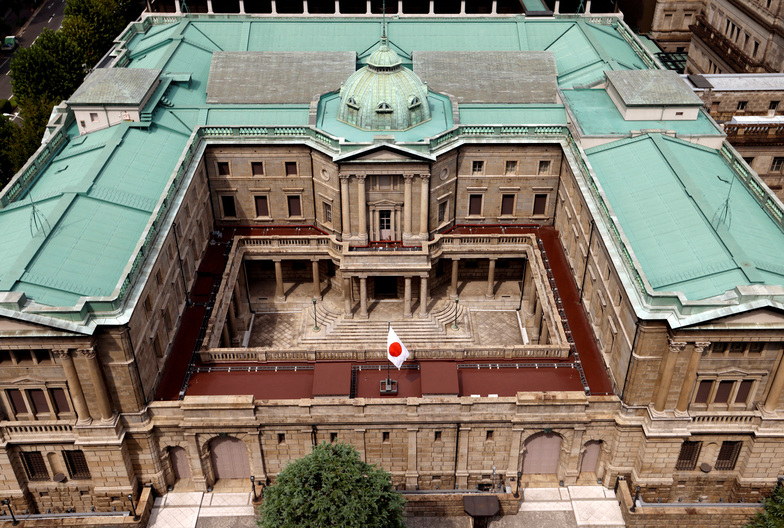Surprisingly, the Japan Central Bank Interest Rate is -0.1%. Know the facts and reasons for the negative interest rates.
As of December 19, 2023, the Bank of Japan (BOJ) unanimously voted to keep interest rates at -0.1%. The BOJ also maintained its yield curve policy, which references a 1% upper bound for 10-year Japanese government bonds.
Reasons for negative interest rates
The benchmark interest rate in the Japan Central Bank Interest rate is -0.10%. The BOJ’s negative interest rate is intended to encourage banks to lend more. Moreover, It encourages businesses and consumers to borrow more to stimulate the economy.
The Bank of Japan’s policy rate remained unchanged at -0.10% at the end of 2022, the same as the end of 2021. This represents a decrease from the policy rate of 0.10% as recorded a decade earlier.
The Bank of Japan has maintained this negative interest rate policy since 2016, to combat deflation and boost economic growth. However, the policy has also had some negative side effects, such as eroding banks’ profitability and discouraging savings.

Japan Central Bank’s next scheduled meeting for interest rate
The next meeting of the Bank of Japan’s policy board is scheduled for January 22-23, 2024. At that meeting, the Bank of Japan is expected to decide whether to maintain its current negative interest rate policy or to begin raising rates.
The Bank of Japan has recently signalled that it may be considering raising interest rates if inflation continues to rise above its 2% target. However, the central bank has also said that it will be cautious about raising rates too quickly, as this could damage the fragile economic recovery.
Here are some additional details about the Bank of Japan’s interest rate policy:
- The Bank of Japan’s Policy Board sets the policy rate, which meets eight times a year.
- The policy rate is applied to the current account balances that commercial banks hold at the Bank of Japan.
- The Bank of Japan also uses other tools to implement its monetary policy, such as quantitative easing and yield curve control.

